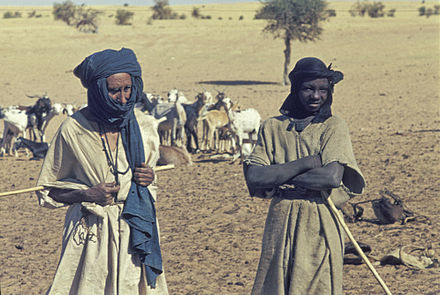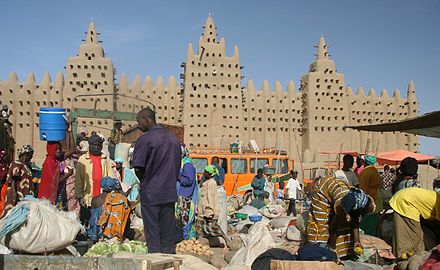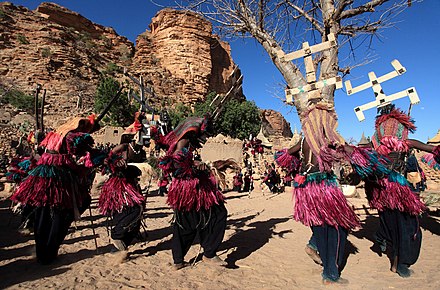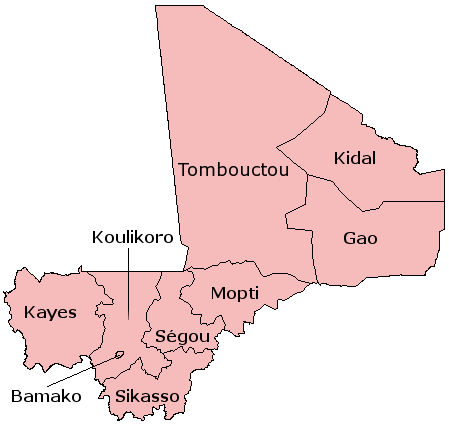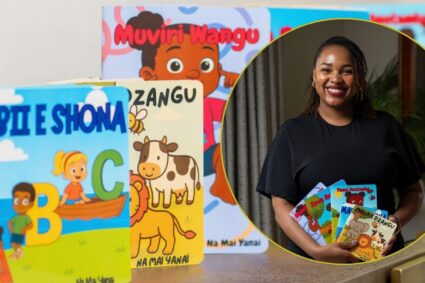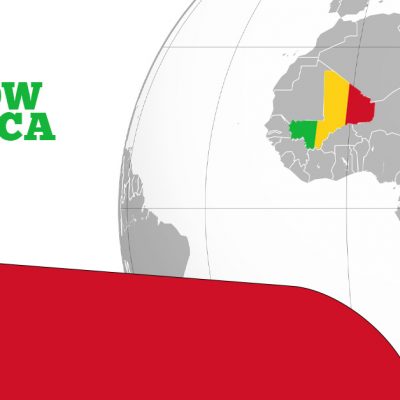
- Officially the Republic of Mali.
- It is the eighth-largest country in Africa.
- The country’s economy centres on agriculture and mining.
- The name Mali is taken from the name of the Mali Empire. The name means “the place where the king lives” and carries a connotation of strength.
- Rock paintings and carvings indicate that northern Mali has been inhabited since prehistoric times when the Sahara was fertile grassland. Farming took place by 5000 BC and iron was used around 500 BC.
- Since 2016, Mali has been divided into ten regions and the District of Bamako. Each region has a governor.
- Mali is considered one of the poorest countries in the world. The average worker’s annual salary is approximately US$1,500.
- Mali’s population encompasses a number of sub-Saharan ethnic groups. The Bambara (Bambara: Bamanankaw) are by far the largest single ethnic group, making up 36.5% of the population.
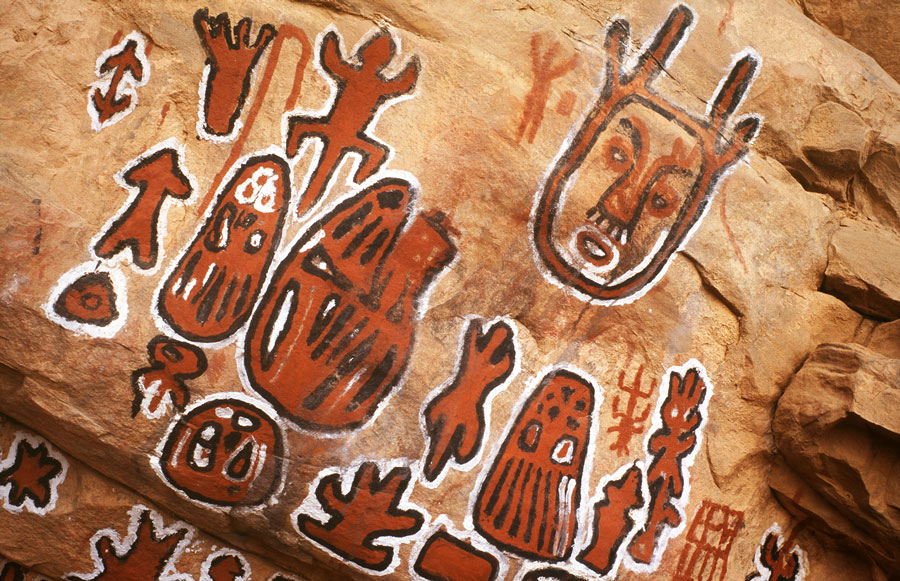
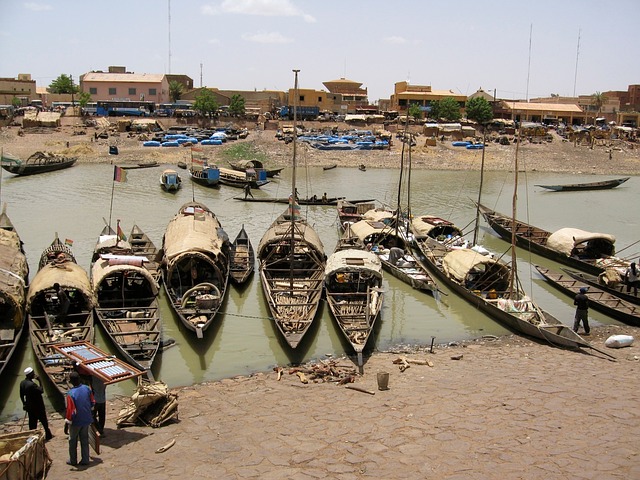
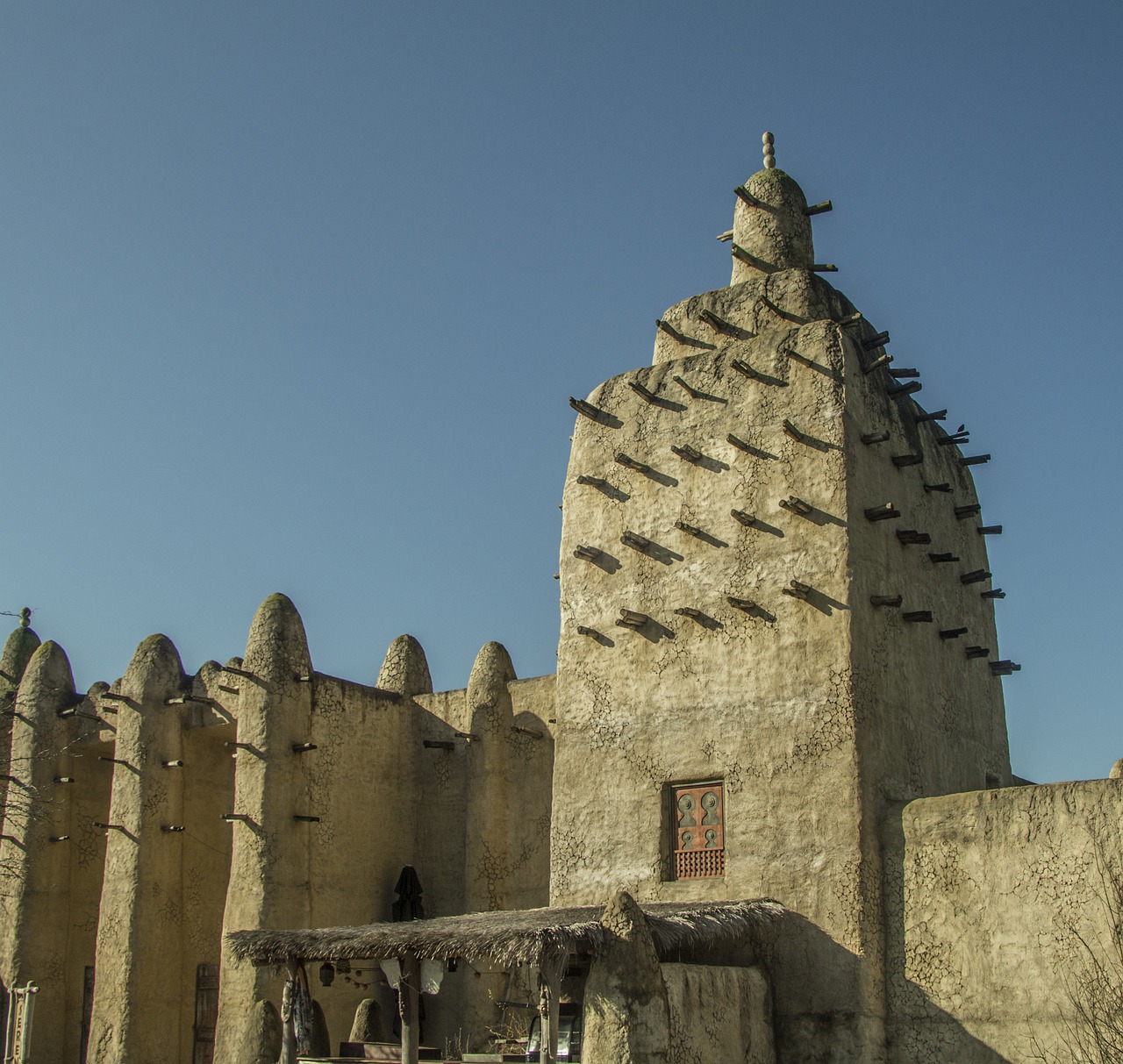
- Mali’s official language was formerly French; the government changed it to Bambara in January 2022.
- An estimated 90% of Malians are Muslim (mostly Sunni) approximately 5% are Christian (about two-thirds Roman Catholic and one-third Protestant) and the remaining 5% adhere to traditional African religions such as the Dogon religion.
